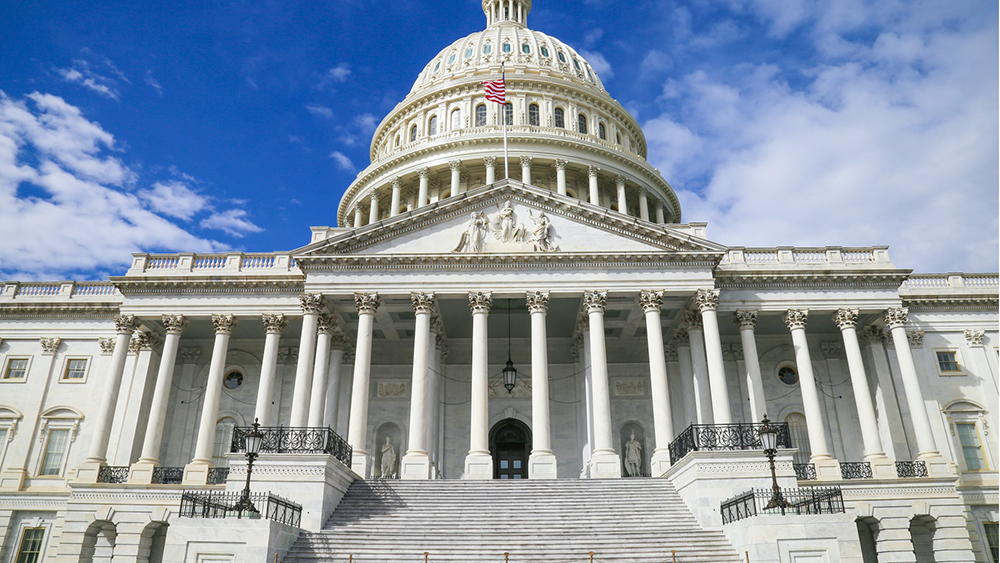The Accelerated Approval pathway has helped deliver groundbreaking treatments to patients—including for diseases like HIV. But lately, the pathway has faced increased pressure, threatening drug developers and patients alike.
Accelerated Approval was established in the 1990s to boost R&D for HIV/AIDS. The pathway expedites Food and Drug Administration (FDA) approval for medications that address critical illnesses with no therapies. It allows “accelerated” approval “based on a surrogate endpoint” that can “predict clinical benefit,” explains the FDA. However, there have been numerous attacks on the pathway over the past year, including legislation, as well as Medicare’s coverage model for a new class of Alzheimer’s drugs, a model that undermines both the pathway and the FDA’s expertise.
On June 7, experts across the industry—including the Hon. Greg Walden, former chair of the House Ways and Means Committee and a champion of Accelerated Approval—discussed what’s at stake during a 2023 BIO International Convention panel sponsored by Travere Therapeutics.
Why Accelerated Approval matters to patients
As Ed Neilan, Chief Medical Officer of the National Organization for Rare Disorders (NORD), explained, 95% of rare diseases lack treatments, but they’re often severe or life-threatening. Furthermore, they’re progressive, and treatments are more likely to slow progression than reverse damage.
This means each patient is a “ticking clock…unlikely to get back what they lose waiting to try a therapy,” he said.
And rare disease is well suited for Accelerated Approval, he continued. In many cases, genetic research allows us to know “precisely what has caused the condition and the next few steps,” and suggests biomarkers or surrogate endpoints, making them “well-suited to an accelerated trial.”
Nolan Townsend, CEO of LEXEO, said the majority of his company’s pipeline is a drug where “either clinical endpoints aren’t well understood or would need to run long, expensive studies,” for cardiac or central nervous system rare diseases.
Accelerated Approval is “a necessary pathway to pursue the types of indications I think our society wants our industry to focus on,” he said.
Rep. Walden recalled meeting with patients—both in Washington, D.C. and his Oregon District—who would “argue about their lives.”
“Some of these people’s lives can’t wait for seven years, or ten years, or fifteen years” to complete a trial, he said. Accelerated Approval can bring the drugs to them sooner, and has “safety built in,” he added.
Recent threats to Accelerated Approval
As one example, legislation has been proposed that would require post-approval studies within a certain time frame—a problem for emerging companies in particular, said Rachael Anatol, Ph.D., SVP of Science and Regulatory Affairs at the Biotechnology Innovation Organization (BIO). Emerging companies often have limited capital, and these studies are very expensive to produce. Additional threats to Accelerated Approval, such as what we’ve seen happening with a new class of Alzheimer’s drugs like Aduhelm and Leqembi, relate to reimbursement and payment models.
Panelists agreed companies need the certainty of both approval and reimbursement in order to continue to invest in innovation.
Rep. Walden recalled COVID-19, when “regulations were waived during the pandemic to get to medicines quicker.”
“All those rules and regulations we got out of the way in order to get medicines and vaccines to save lives—there ought to be a high bar for those coming back,” he said. If we want to incentivize R&D, we must look carefully at “bureaucratic plans” to tinker with payment models, or “investment goes somewhere else.”
BIO’s Anatol noted that companies in the middle of a development program need to see predictability from both the Food and Drug Administration (FDA) and the payor side.
“If products are going to be approved, they need to be reimbursed,” she said.
Damaging misperceptions of Accelerated Approval
Accelerated Approval is misunderstood—but this can damage the pathway and, in turn, patients and innovation, panelists agreed.
The most damaging misperception is that Accelerated Approval “is a lesser approval,” said NORD’s Neilan. Even with a traditional trial and approval, there’s “still some risk that we’ve gotten it wrong.”
Whether a trial follows the traditional pathway or an accelerated one, FDA, “being experts in the field, looked at it” and concluded the benefits of the drug outweigh the risks, he continued.
The most dangerous misperception, added Rep. Walden, is that Accelerated Approval drugs are “unsafe, unproven, and unaffordable.”
“The real missing point here is that before we had these processes, you just didn’t have the drugs,” he said. But Accelerated Approval, as well as the Orphan Drug Act, opened up a new pathway to get more innovation and treatments to patients, which should be the ultimate goal.
At the end of the day, concluded Anatol, “the ultimate risk is to the patients with this continued scrutiny.”




